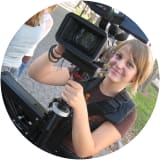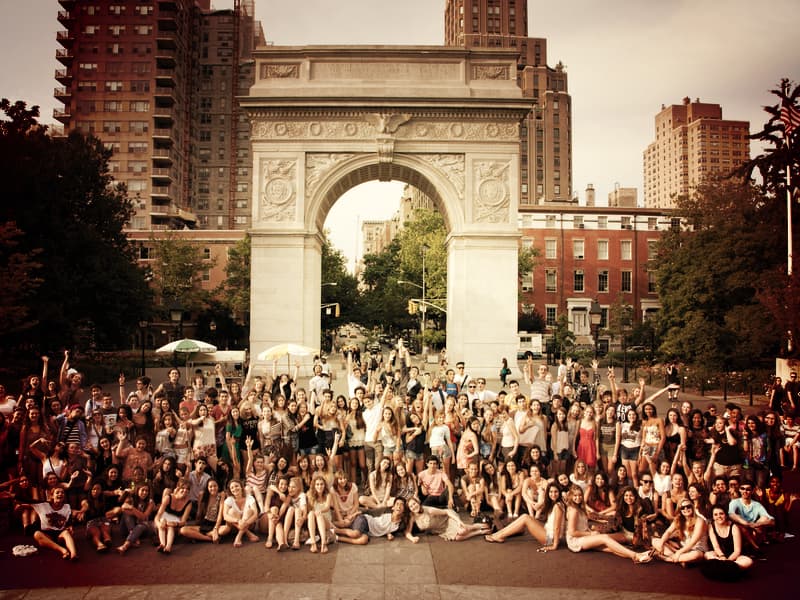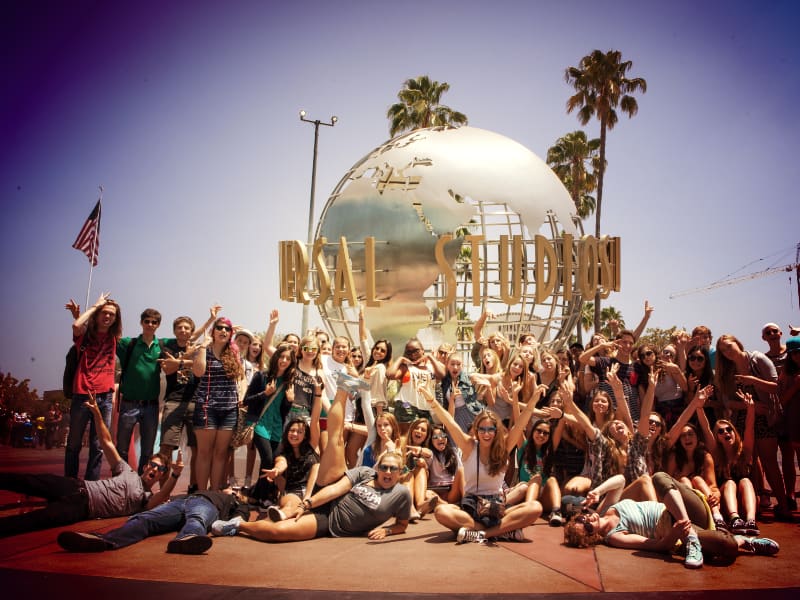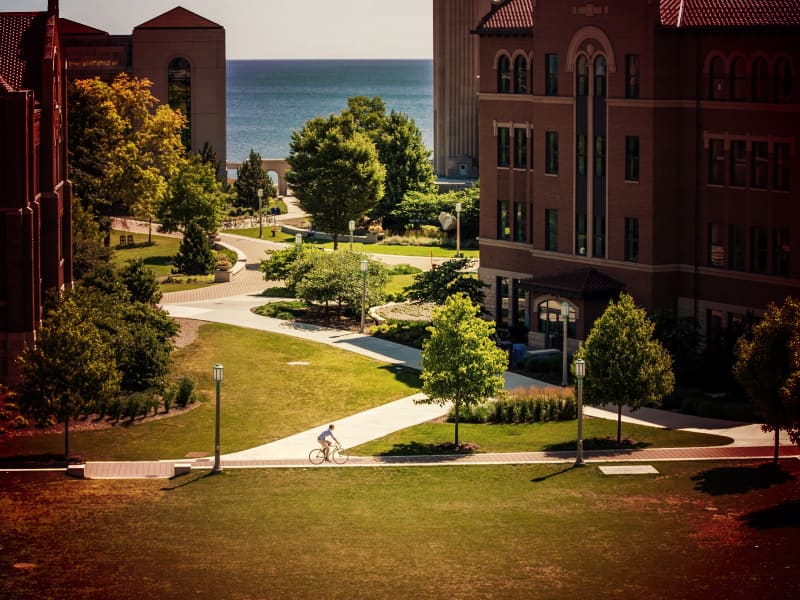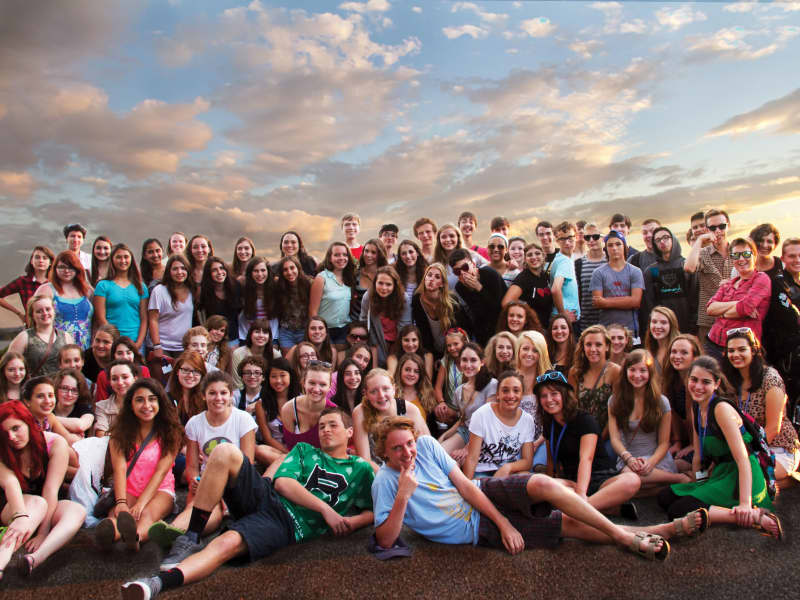Advanced Filmmaking is the next step after SOCAPA's Core Filmmaking intensive and is geared towards students with prior filmmaking or video experience. The program is competitive and requires applicants to submit at least one completed film or video project and a short film treatment (story idea) for review during our selection process.
Students applying to Advanced Filmmaking should already be familiar with writing, directing, and editing their own work, and be comfortable with dual-system sync-sound production and other fundamental skills taught in our Core Filmmaking program.
Students accepted into the Advanced Filmmaking intensive focus on making two longer, more polished films that they can use as part of their college applications and submit to film festivals. In addition to advanced classes in cinematography, sound, and digital editing, students attend writing and directing classes where they learn techniques for developing scripts and working with actors. Students receive extensive one-on-one advisements from our seasoned staff of instructor/filmmakers — all of whom have experience at festivals and with agents.

